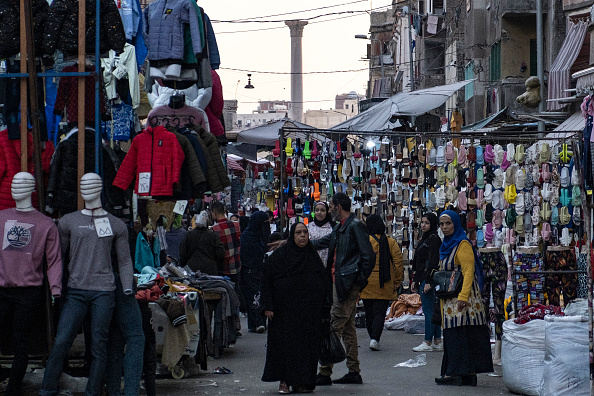According to experts, the current massive crisis in Egypt has been significantly enabled by the severe economic mismanagement of the Sisi government. Last month, the International Monetary Fund (IMF) extended Egypt’s loan program to US$8 billion, highlighting the depth of the economic challenges facing the country.
The World Bank recently downgraded Egypt’s economic growth forecast for the current fiscal year to 2.8 percent, the lowest in 11 years. This marks the third time this year that the international lender has lowered Egypt’s growth projections. The World Bank attributed the decline to the country’s sluggish industrial sector performance, high inflation rate, and the impact of regional conflicts.
Egypt, as reported by the World Bank, is expected to face the largest fiscal effects in the region due to various factors including lower fiscal revenues, tourism receipts, and the effects of the ongoing conflict in the Middle East.
One significant source of Egypt’s national income, the Suez Canal revenue, has declined by almost half this year. This decline is believed to be a result of recurrent attacks on international shipping in the Red Sea. The ongoing conflict in Gaza has also contributed to economic challenges for Egypt.
The IMF’s extension of Egypt’s loan program comes at a time when the country has implemented a flexible exchange rate for the local pound against the US dollar. The devaluation of the Egyptian pound has led to increased prices of essential commodities, impacting a large portion of the population living below the poverty line.
In an effort to secure much-needed foreign currency, Egypt has been selling state assets to wealthy Gulf nations such as the recent deal with the United Arab Emirates. However, experts argue that the government’s focus on costly projects like the New Administrative Capital, which has incurred significant expenses, has contributed to the country’s economic woes.
Overall, the combination of economic mismanagement and external factors has led Egypt into its current crisis, with concerns for future economic stability if the situation worsens.
